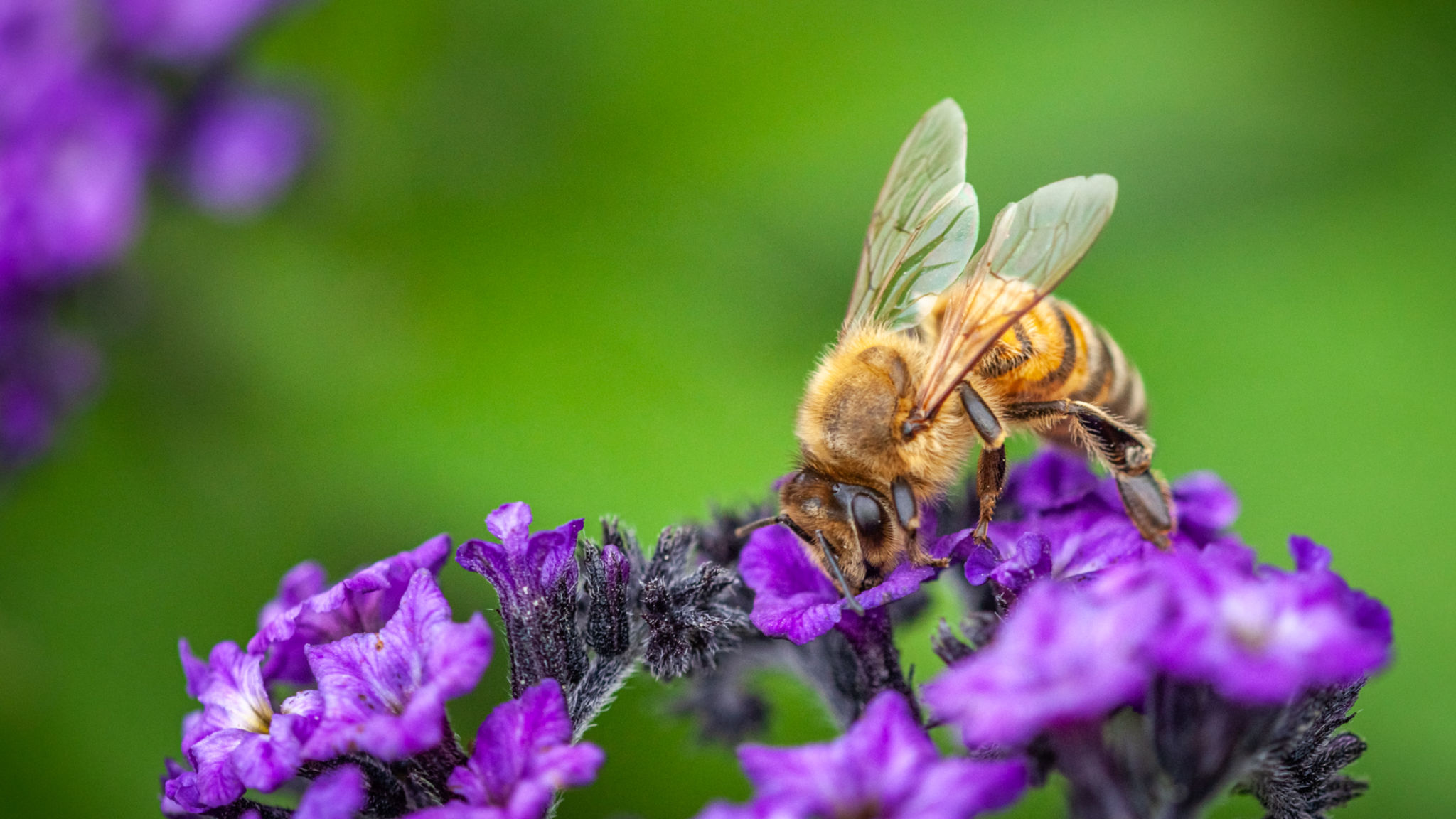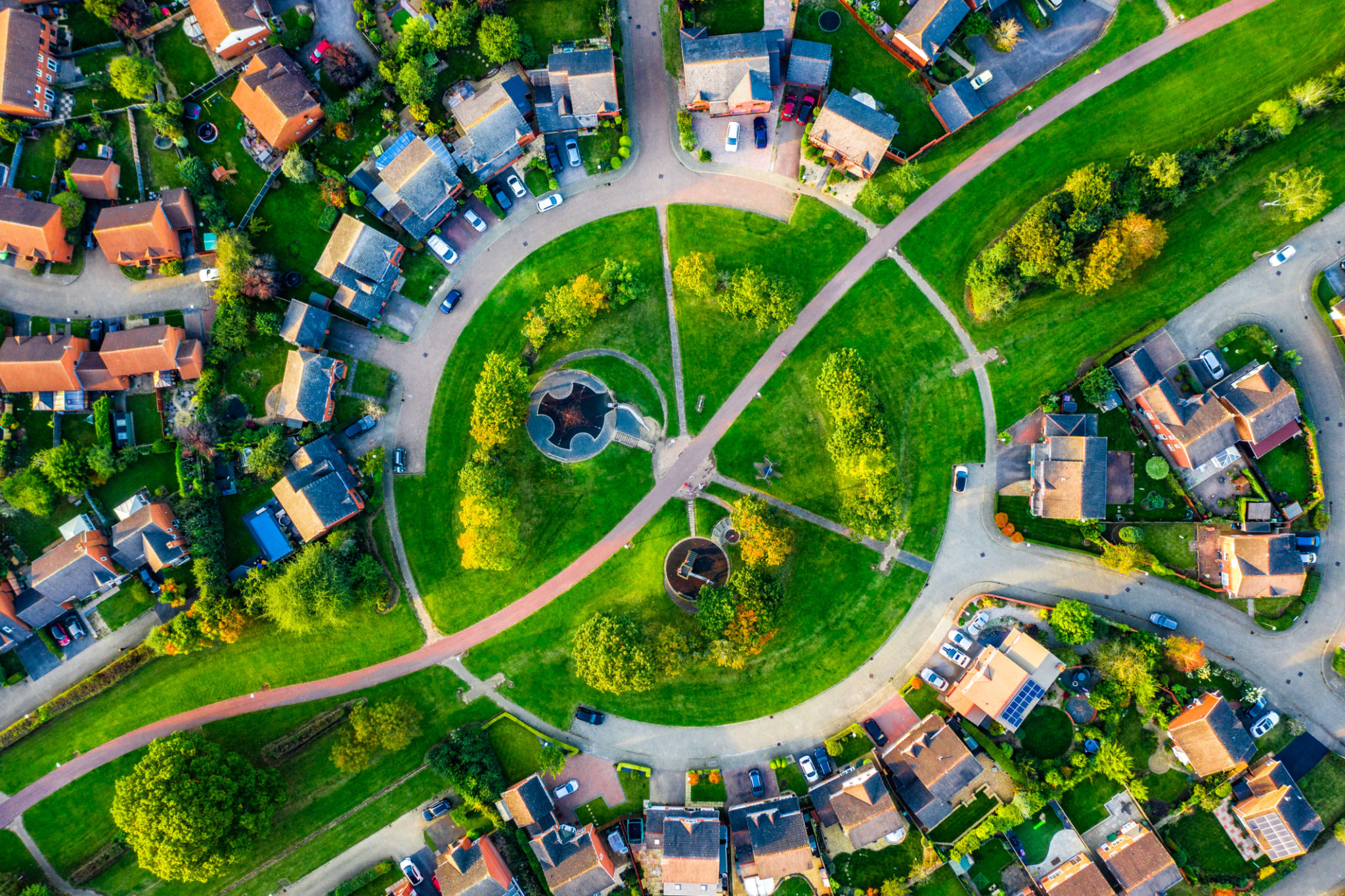Why Choose Eco-Friendly Landscaping Companies: Benefits and Impact
The Rise of Eco-Friendly Landscaping
As environmental awareness continues to grow, many homeowners and businesses are turning to eco-friendly landscaping companies for their outdoor spaces. Choosing sustainable practices not only benefits the environment but also enhances the beauty and functionality of your landscape. Eco-friendly landscaping is no longer just a trend; it is a movement towards a greener, healthier planet.
Traditional landscaping often involves the use of harmful chemicals, excessive water consumption, and non-native plants that can disrupt local ecosystems. In contrast, eco-friendly landscaping companies focus on reducing environmental impact while creating beautiful and sustainable outdoor areas. By choosing such services, you contribute to preserving natural resources and supporting biodiversity.

Benefits of Eco-Friendly Landscaping
Conservation of Water
One of the primary advantages of eco-friendly landscaping is water conservation. These companies use techniques such as xeriscaping, which involves selecting drought-resistant plants that require minimal watering. Implementing efficient irrigation systems and rainwater harvesting also helps reduce water usage and lower utility bills.
Reduction of Chemical Use
Eco-friendly landscapers avoid using harmful pesticides and fertilizers that can leach into the soil and waterways. Instead, they opt for organic alternatives and integrated pest management practices that promote healthy plant growth without compromising the environment. This approach is safer for both humans and wildlife.

Improved Soil Health
Sustainable landscaping practices enhance soil health by encouraging natural processes. Composting, mulching, and utilizing native plants improve soil structure and fertility, leading to healthier plants and reduced erosion. Healthy soil also acts as a carbon sink, helping to combat climate change.
- Composting: Recycles organic waste into nutrient-rich soil.
- Mulching: Retains moisture and suppresses weeds naturally.
- Native plants: Adapted to local conditions, requiring less maintenance.
The Impact on Biodiversity
Eco-friendly landscaping plays a crucial role in supporting biodiversity. By incorporating native plants and creating habitats for local wildlife, these landscapes become havens for pollinators like bees and butterflies. This not only enhances the aesthetic appeal but also contributes to the ecological balance of the area.

Community and Economic Benefits
Choosing eco-friendly landscaping has positive ramifications beyond your immediate surroundings. It can boost property values and attract environmentally conscious buyers or tenants. Furthermore, supporting sustainable businesses helps drive demand for green industries, fostering economic growth in eco-friendly sectors.
Additionally, eco-friendly landscapes often require less maintenance, translating to long-term cost savings. With reduced water usage, lower energy consumption, and minimal chemical inputs, homeowners and businesses can enjoy beautiful outdoor spaces without breaking the bank.

Making the Transition
If you're considering transitioning to eco-friendly landscaping, start by consulting with a professional company specializing in sustainable practices. They can assess your current landscape, recommend suitable changes, and implement a plan tailored to your needs. By taking this step, you not only enhance your property's beauty but also contribute to a healthier planet.
Embracing eco-friendly landscaping is a choice that reflects a commitment to environmental stewardship. As more people make this transition, the collective impact on our planet will be significant, paving the way for future generations to enjoy a cleaner and greener world.
